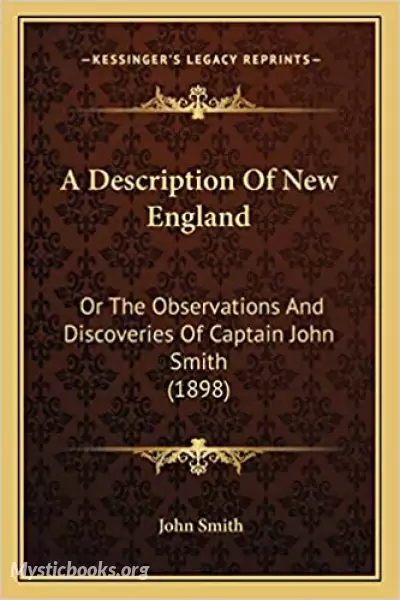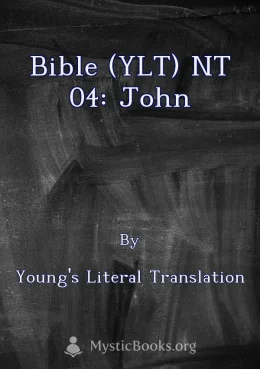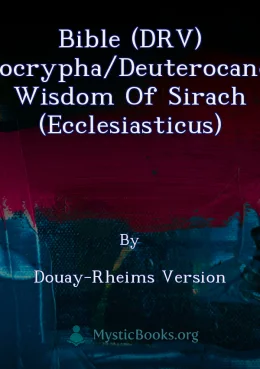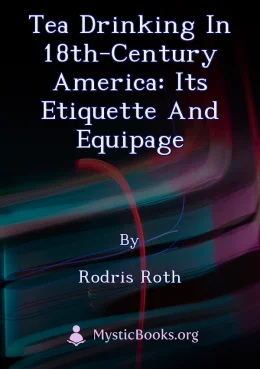
A Description of New England
'A Description of New England ' Summary
Unlike the reasons that the Pilgrims and the Puritans had for migrating to the New World, The Virginia Company, and other sponsored companies that traveled over, mainly came to the New World in order to make a life for themselves and start over in an economically fresh region. Smith's work described the situations and circumstances that were to be found in the New World, but it mainly promoted Smith in his abilities of being a travel guide and helpful resource in navigating the New World if the English wanted to migrate there. In the work, he printed many maps of the surrounding areas, and because he did so, the immigrants used those maps and found no need for Smith's help; Smith did not receive as much money from being a travel guide as he had originally planned on and hoped for. His work, however, did enable the new settlers to come over with some background knowledge about the general area and people inhabiting it.
The work goes into great detail about the wildlife, plants, "majestic land forms like the mountains", and other natural features, such as streams and the sea, both of which offered a seemingly endless amount of food. Smith appealed to the idea of the wilderness as a refuge, even if the riches were hard-earned, which was something that the religious refugees needed to hear at the time of their leaving their native countries.
The New World was a dangerous place when the settlers first arrived, with harsh weather, many Indian tribes, and wild animals, but the amount of resources that was available, or as available as Smith said that they were, was itself almost worth the trip. Smith describes the purest waters, "proceeding from the entrails of rocky mountains." He describes the amount of food that was available for the taking: "in the harbors we frequented, a little boy might take of....such delicate fish, at the ship's stern, more than six or ten can eat in a day; but with a casting net [we took] thousands when we pleased..."
It was a place where the settlers believed they were free to start their lives over and turn their lives completely over to God and his will for them. Even if Smith didn't believe in God necessarily, he was careful to include the ideas of God and religion in the work, as it was something that the majority of the population valued in their lives. Smith further encouraged the settlers by telling them that there can be no better reward than "planting and building a foundation for his posterity, got from the rude earth by God's blessing in his own industry, without prejudice to any?" This is similar to the idea of Manifest Destiny that prompted the migration west in the 19th century.
Smith successfully goaded many English by saying that "it (living in Virginia) is not a work for everyone...it requires all the best parts of art, judgement, courage, honesty, constancy, diligence, and industry to do but near well."
Book Details
Language
EnglishOriginal Language
EnglandPublished In
1616Genre/Category
Tags/Keywords
Authors

Captain John Smith
England
John Smith was an English soldier, explorer, colonial governor, Admiral of New England, and author. He played an important role in the establishment of the colony at Jamestown, Virginia, the first per...
Books by Captain John SmithListen/Download Audiobook
- Select Speed
Related books

Myths And Legends Of British North America by Katharine Berry Judson
'Myths and Legends of British North America' by Katharine Berry Judson is a compilation of Native American myths and legends from various tribes acros...

Birds of the Air by John Frost
This book introduces young readers to the fascinating world of birds. It provides concise profiles of 35 different bird species, covering their physic...

Oscar Wilde Calendar by Oscar Wilde
This book, presented as a calendar, offers a daily dose of Oscar Wilde's wit and wisdom. Compiled by Stuart Mason, a scholar of Wilde's work, it featu...

Bible (YLT) NT 04: John by Young's Literal Translation
The Gospel of John, presented in Young's Literal Translation (YLT), offers a unique perspective on the life, teachings, and ministry of Jesus Christ....

Bible (DRV) Apocrypha/Deuterocanon: Wisdom of Sirach (Ecclesiasticus) by Douay-Rheims Version
The Book of Ecclesiasticus, also known as the Wisdom of Sirach, is a collection of wisdom sayings and reflections attributed to the Jewish scribe Jesu...

Tea Drinking In 18th-Century America: Its Etiquette And Equipage by Rodris Roth
This book, published in 1961 as a Smithsonian Institution bulletin, explores the intricate world of tea drinking in 18th-century America. It delves i...

Bible (Reina Valera) NT 04: Evangelio según San Juan by Reina-Valera
El Evangelio según Juan es un libro de la Biblia en el Nuevo Testamento que contiene la historia de la vida de Jesucristo. El apóstol Juan el evangeli...

Brazilian Tales by Various
"Brazilian Tales" is a collection of six short stories selected by Isaac Goldberg as best representative of the Brazilian Literature of his period - t...

Maitrayana Upanishad by Anonymous
Maitra (Sanskrit: मैत्र) and Maitri (मैत्री) are related words which literally mean "kindly, benevolent, good will, amity, friend of all creatures". T...

The Bird Study Book by Thomas Gilbert Pearson
In the Preface to The Bird Study Book, Pearson tells us “This book was written for the consideration of that ever-increasing class of Americans who ar...
Reviews for A Description of New England
No reviews posted or approved, yet...